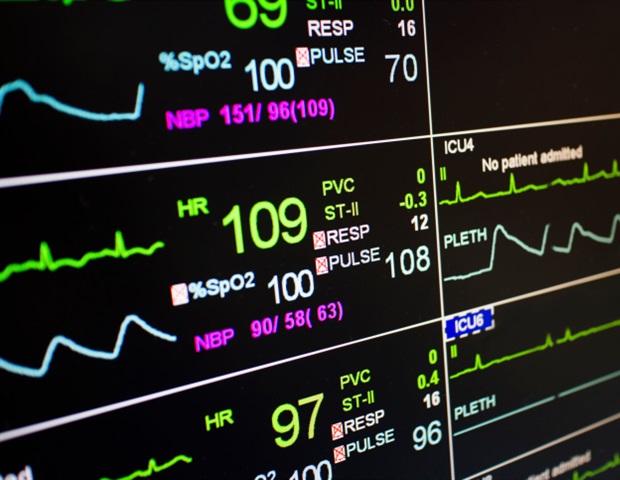BREAKING NEWS: Revolutionary AI Model Combines Imaging and Patient Data for Accurate Diagnoses on Chest X-Rays!
In a groundbreaking study published in Radiology, scientists have unveiled a cutting-edge artificial intelligence (AI) model that combines imaging information with clinical patient data to improve diagnostic performance on chest X-rays. This new approach may revolutionize the way diseases are diagnosed, providing better accuracy and efficiency in healthcare.
Traditional AI methods have only focused on one type of data at a time, either imaging or non-imaging data. But this new model, called a transformer-based neural network, has the ability to integrate both types of data for a more comprehensive diagnosis. Originally developed for processing human language, these transformer models have now been adapted for medical use.
Unlike previous models that are specialized for processing imaging data, transformer models rely on an attention mechanism that allows the network to learn about relationships in its input. This makes them ideal for medicine, where diagnoses often require the integration of multiple variables like patient data and imaging findings.
To develop and test their model, the researchers trained it on a large dataset of imaging and non-imaging patient data from two databases. They evaluated its diagnostic performance on 25 different conditions and compared it to other models. And the results were astonishing!
The multimodal model, which combines both imaging and non-imaging data, outperformed all other models for diagnosing all conditions. This means that it could be a game-changer for clinicians who are overwhelmed with increasing patient volumes and limited time per patient. The model has the potential to assist doctors in interpreting all available information effectively, leading to more accurate and efficient diagnoses.
According to the study’s lead author, Firas Khader, “Multimodal models hold the promise to assist clinicians in their diagnosis by facilitating the aggregation of the available data into an accurate diagnosis.” This breakthrough AI model could help alleviate the growing workloads of doctors and provide a blueprint for integrating large volumes of data seamlessly.
This is just the beginning of an exciting new era in healthcare, where AI and advanced technologies have the potential to transform the way we diagnose and treat diseases. The possibilities are endless, and the impact on patient care could be monumental.
What do you think about this groundbreaking AI model? Do you believe it can revolutionize the medical field? Share your thoughts and opinions in the comments below! Together, let’s explore the future of healthcare.
IntelliPrompt curated this article: Read the full story at the original source by clicking here a fun game: sprunki horror

